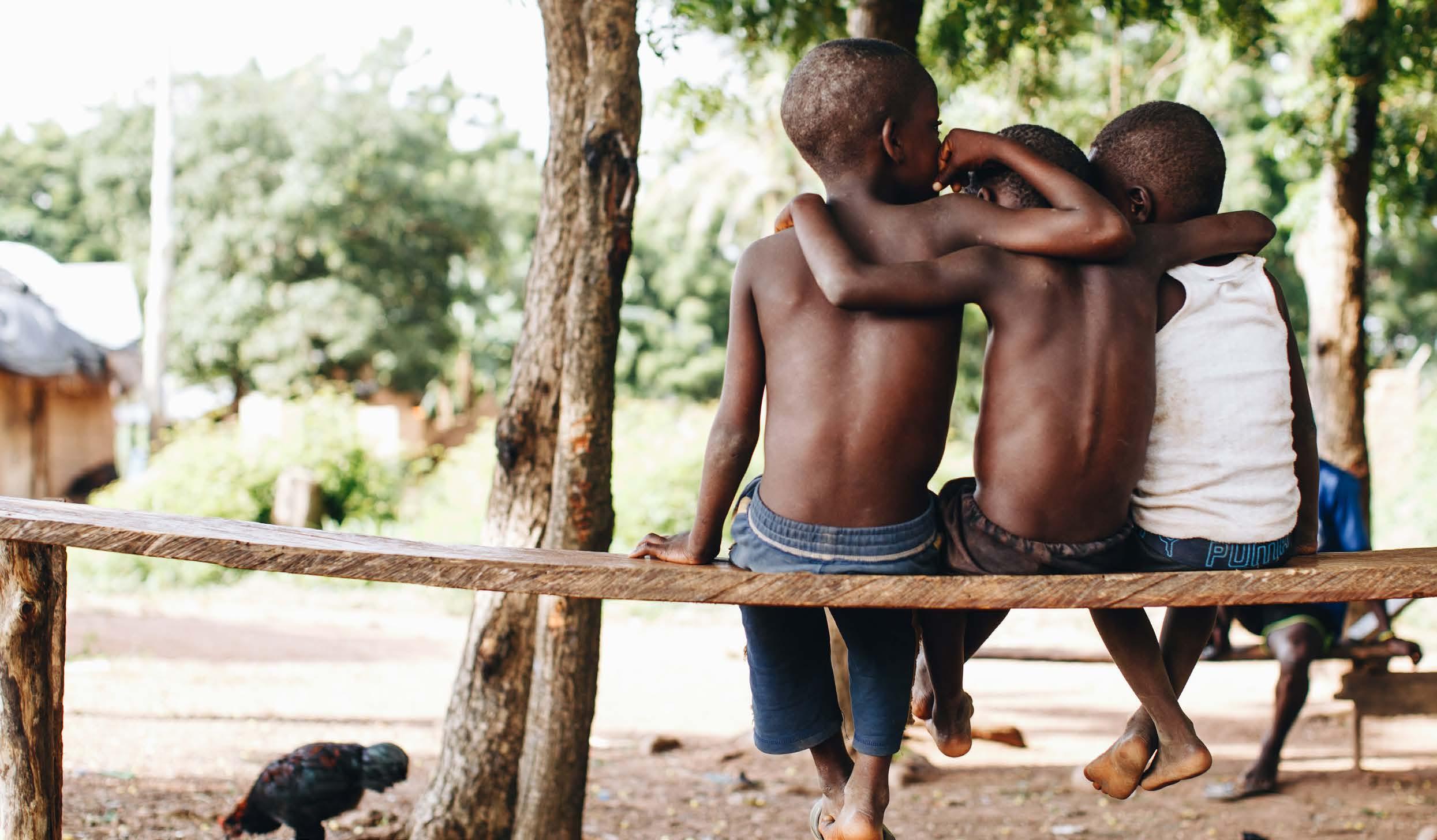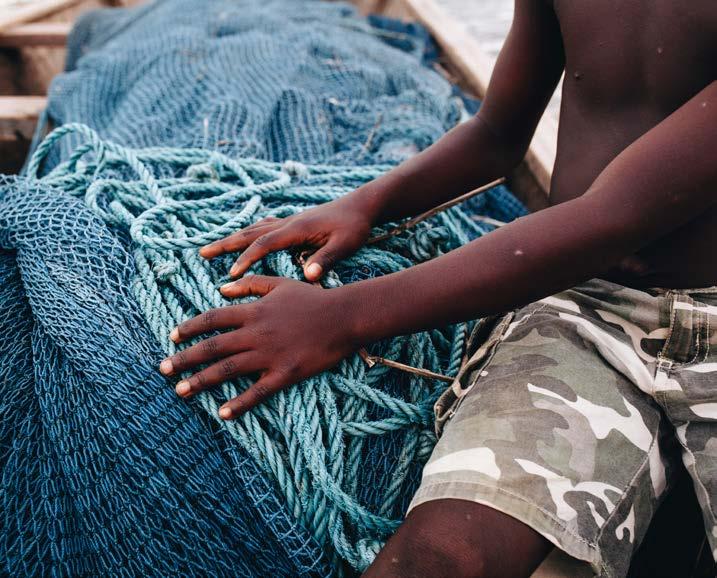
3 minute read
Modern slavery - change is possible
BY ADOM OTOO
Executive, Scotland Church & Community Mobilisation, International Justice Mission UK
Advertisement
Did you know that, although slavery is now illegal almost everywhere, an estimated 40 million people around the world are - trapped in exploitation today? Modern slavery takes many forms - from people forced to work in brick kilns, factories or brothels, to children being sexually exploited over the Internet. It happens right here in the UK, too – a reality more people have become aware of this year, thanks to Sir Mo Farah’s courageous decision to share his childhood experience of trafficking.
I work for International Justice Mission (IJM), one of the world’s largest anti-slavery charities, and my colleagues around the world are seeing the devastating impact of slavery on individuals, families and communities. To give one example, Kofi* was just eight years old when he was taken from his home in Ghana (where I am also from).
“A man came and asked me whether he could take me to go search for fish. He said he would send me back home to give the fish to my mother,” Kofi remembers.
Kofi’s life up to this point hadn’t been easy.
His father died when he was young, and finances were always tight for his mother. She couldn’t afford to send Kofi to school, so when the man told them he would give Kofi the chance to go to school, it sounded like a good opportunity. But this soon turned out to be a lie. The man took him to Lake Volta to work on fishing boats, in dangerous and exploitative conditions. On Kofi’s first day fishing, the boat master ordered him to get into the water to untie the fishing net.
“I was in the man’s boat, and said ‘I can’t go, I can’t swim’,” Kofi recalls. “The man was still forcing me to.”
Kofi says he jumped in, and immediately began swallowing water. He felt himself starting to drown, but one of the other boys came and helped him out, taking his place to dive for the net.
My colleagues in Ghana were able to partner with local police to find Kofi and bring him to safety. He was supported through trauma-informed aftercare to help him heal from these experiences, and now, with support from social workers, he’s able to go to school.
IJM has seen stories like Kofi’s repeated all over the world – showing that although slavery is still a brutal reality for so many people, change is possible. We’re working to create systemic change to make sure vulnerable people are not exploited in the first place, and a key part of that is strengthening criminal justice systems so that traffickers are held to account. We have seen amazing change through taking this approach – with reductions in trafficking of up to 86% in areas where we work.
As an organisation inspired by Christian faith, we believe God’s heart for justice should inspire us to take a stand against slavery. One of the scriptural truths that encourages us is the story of God’s call to Moses in Exodus 3. Moses is told he has a part to play in God’s plan to bring freedom to the exploited Israelites – and that he’s not alone. Moses had Aaron and the Israelite leaders helping him.
Today, we know that ending modern slavery is going to take a movement: with survivor leaders, justice systems, governments and communities all playing their part. Importantly, it will also take the support of the global Church – and we’ve already seen incredible change through church involvement.
For example, our Ghanaian team travelled around the islands of Lake Volta to train pastors to recognise signs of trafficking so that they can report cases to IJM and authorities. After one of these events, a pastor went back to his church to preach on justice and child trafficking. Following that message, a woman in his congregation reported a trafficking case involving her children. This information led to the rescue of her two sons who had been trafficked to work on the Lake. They were reunited with the family last year.
There are so many ways for churches in the UK to get involved, too, through prayer, action and giving. Together, we can stop slavery for good.
If you would like to find out more about IJM’s Freedom Church programme and how to get involved, visit IJMUK.org/church
Photo credit: IJM - stock images, not actual survivors of trafficking











